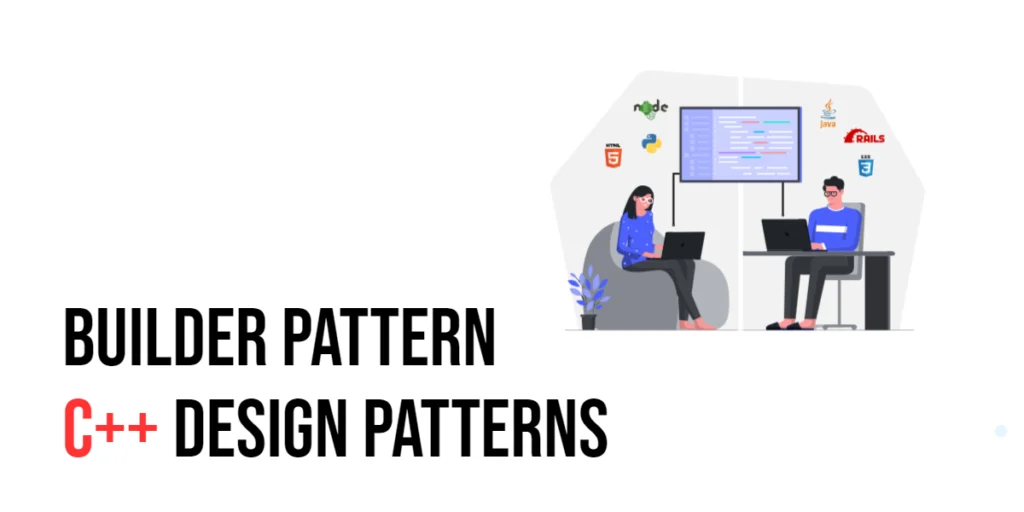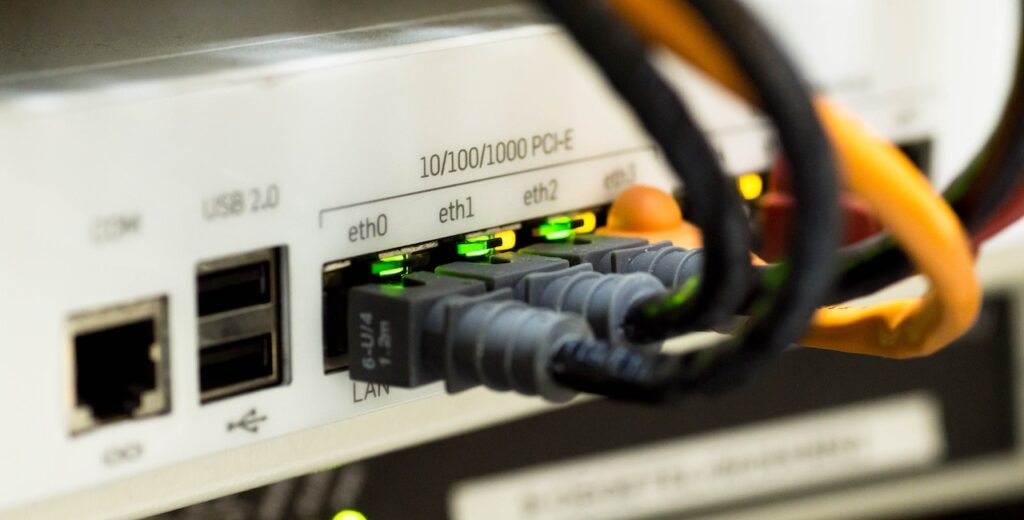Debugging is an essential part of software development, allowing developers to identify and fix errors in their code. Lua, a lightweight and embeddable scripting language, provides a powerful debug library that offers various functions for inspecting and controlling the execution of Lua programs. This library includes tools for stack tracing, variable inspection, and function profiling, making it invaluable for diagnosing and resolving issues.

with hands-on learning.
get the skills and confidence to land your next move.
The Lua debug library is built into the language and offers a range of functions that help developers trace errors, inspect the call stack, and manipulate variables. This guide will cover the key functions of the debug library, providing practical examples to demonstrate their usage. By understanding and utilizing these tools, you can improve the robustness and reliability of your Lua programs.
Overview of the Lua Debug Library
Key Functions in the Debug Library
The Lua debug library provides several key functions that facilitate debugging:
debug.traceback: Generates a stack traceback.debug.getinfo: Retrieves information about a function or active function call.debug.getlocalanddebug.setlocal: Access and modify local variables.debug.getupvalueanddebug.setupvalue: Access and modify upvalues (variables in the enclosing scope).debug.sethook: Sets a hook function for various events.
These functions offer a comprehensive set of tools for debugging and profiling Lua code.
Using debug.traceback for Stack Traces
The debug.traceback function generates a stack traceback, which is a list of active function calls at a given point in the program. This is particularly useful for understanding the sequence of function calls leading to an error.
function faultyFunction()
local a = nil
print(a.b) -- This will cause an error
end
local function errorHandler(err)
print("Error:", err)
print(debug.traceback())
end
local status, err = xpcall(faultyFunction, errorHandler)
if not status then
print("Function call failed:", err)
endIn this example, the faultyFunction attempts to access a field of a nil value, causing an error. The xpcall function calls faultyFunction with errorHandler as the error handler. When the error occurs, errorHandler prints the error message and a stack traceback using debug.traceback.
Inspecting the Call Stack with debug.getinfo
The debug.getinfo function retrieves information about a function or active function call, such as its name, source file, and line number.
function sampleFunction()
local info = debug.getinfo(1)
print("Function name:", info.name)
print("Source:", info.source)
print("Current line:", info.currentline)
end
sampleFunction()In this example, debug.getinfo(1) retrieves information about the sampleFunction. The function’s name, source file, and current line number are printed to the console.
Example: Retrieving Function Information
Let’s consider a more detailed example where we retrieve information about multiple functions in the call stack.
function functionA()
functionB()
end
function functionB()
functionC()
end
function functionC()
for i = 1, 3 do
local info = debug.getinfo(i)
if info then
print("Function name:", info.name)
print("Source:", info.source)
print("Current line:", info.currentline)
print("---")
end
end
end
functionA()In this example, functionC retrieves and prints information about the three most recent function calls in the call stack. This demonstrates how debug.getinfo can be used to inspect the call stack.
Accessing Local Variables with debug.getlocal and debug.setlocal
The debug.getlocal and debug.setlocal functions allow you to access and modify local variables within a function.
function exampleFunction()
local x = 10
local y = 20
print("Before modification:", x, y)
local index = 1
while true do
local name, value = debug.getlocal(1, index)
if not name then break end
if name == "x" then
debug.setlocal(1, index, 100)
end
index = index + 1
end
print("After modification:", x, y)
end
exampleFunction()In this example, debug.getlocal is used to access the local variables x and y within exampleFunction. The value of x is then modified using debug.setlocal.
Example: Modifying Local Variables
Consider an example where we modify multiple local variables in a function.
function modifyLocals()
local a = 1
local b = 2
local c = 3
print("Before modification:", a, b, c)
local index = 1
while true do
local name, value = debug.getlocal(1, index)
if not name then break end
debug.setlocal(1, index, value * 10)
index = index + 1
end
print("After modification:", a, b, c)
end
modifyLocals()In this example, debug.getlocal and debug.setlocal are used to multiply all local variables by 10. The before and after values of a, b, and c are printed to show the modification.
Working with Upvalues using debug.getupvalue and debug.setupvalue
Upvalues are variables in the enclosing scope of a function. The debug.getupvalue and debug.setupvalue functions allow you to access and modify these upvalues.
function outerFunction()
local x = 42
function innerFunction()
print(x)
end
return innerFunction
end
local func = outerFunction()
local name, value = debug.getupvalue(func, 1)
print("Upvalue before modification:", name, value)
debug.setupvalue(func, 1, 100)
name, value = debug.getupvalue(func, 1)
print("Upvalue after modification:", name, value)
func() -- Output: 100In this example, debug.getupvalue is used to access the upvalue x of innerFunction, and debug.setupvalue is used to modify it. The modified upvalue is then printed when innerFunction is called.
Example: Inspecting and Modifying Upvalues
Let’s see another example where we inspect and modify multiple upvalues.
function createCounter()
local count = 0
return function()
count = count + 1
return count
end
end
local counter = createCounter()
for i = 1, 3 do
print("Counter:", counter()) -- Output: 1, 2, 3
end
local name, value = debug.getupvalue(counter, 1)
print("Upvalue before reset:", name, value)
debug.setupvalue(counter, 1, 0)
name, value = debug.getupvalue(counter, 1)
print("Upvalue after reset:", name, value)
for i = 1, 3 do
print("Counter:", counter()) -- Output: 1, 2, 3
endIn this example, the upvalue count in the counter function is reset to 0 using debug.setupvalue. The counter starts again from 1, demonstrating how upvalues can be modified.
Profiling and Hooking with debug.sethook
The debug.sethook function sets a hook function that is called for various events, such as function calls, returns, and line executions. This can be used for profiling and monitoring the execution of Lua code.
local function hook(event)
local info = debug.getinfo(2)
if info then
print("Event:", event)
print("Function:", info.name)
print("Line:", info.currentline)
print("---")
end
end
debug.sethook(hook, "crl")
function testFunction()
print("In testFunction")
local x = 10
local y = x + 20
return y
end
testFunction()
debug.sethook()In this example, a hook function is set using debug.sethook with the events “call”, “return”, and “line”. The hook function prints information about the event and the current function being executed. The hook is disabled after testFunction is executed.
Example: Simple Profiling with Hooks
Consider an example where we profile the execution time of a function using hooks.
local startTime = 0
local function hook(event)
if event == "call" then
startTime = os.clock()
elseif event == "return" then
local endTime = os.clock()
print("Execution time:", endTime - startTime)
end
end
debug.sethook(hook, "cr")
function slowFunction()
for i = 1, 1e6 do end
end
slowFunction()
debug.sethook()In this example, the hook function records the start time on function call and calculates the execution time on function return. The execution time of slowFunction is printed, demonstrating simple profiling using hooks.
Conclusion
The Lua debug library provides a comprehensive set of tools for inspecting and controlling the execution of Lua programs. By utilizing functions such as debug.traceback, debug.getinfo, debug.getlocal, debug.setlocal, debug.getupvalue, debug.setupvalue, and debug.sethook, developers can effectively debug and profile their Lua code. This guide covered the key functions of the debug library, offering practical examples to demonstrate their usage. Mastering these tools will enhance your ability to diagnose and resolve issues, leading to more robust and reliable Lua programs.
Additional Resources
To further your understanding of Lua programming and debugging, consider exploring the following resources:
- Lua Documentation: The official Lua documentation. Lua Documentation
- Programming in Lua: A comprehensive book on Lua by Roberto Ierusalimschy. Programming in Lua
- Lua Users Wiki: A community-driven resource for Lua programmers. Lua Users Wiki
- LuaRocks: A package manager for Lua modules. LuaRocks
By leveraging these resources, you can deepen your knowledge of Lua and enhance your ability to develop powerful scripts and applications using the debug library.







